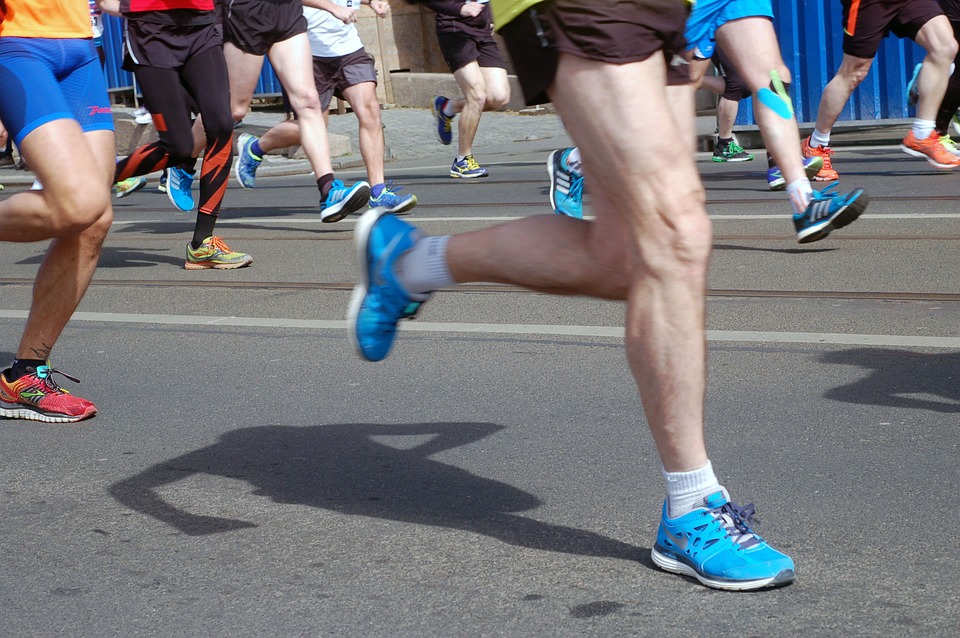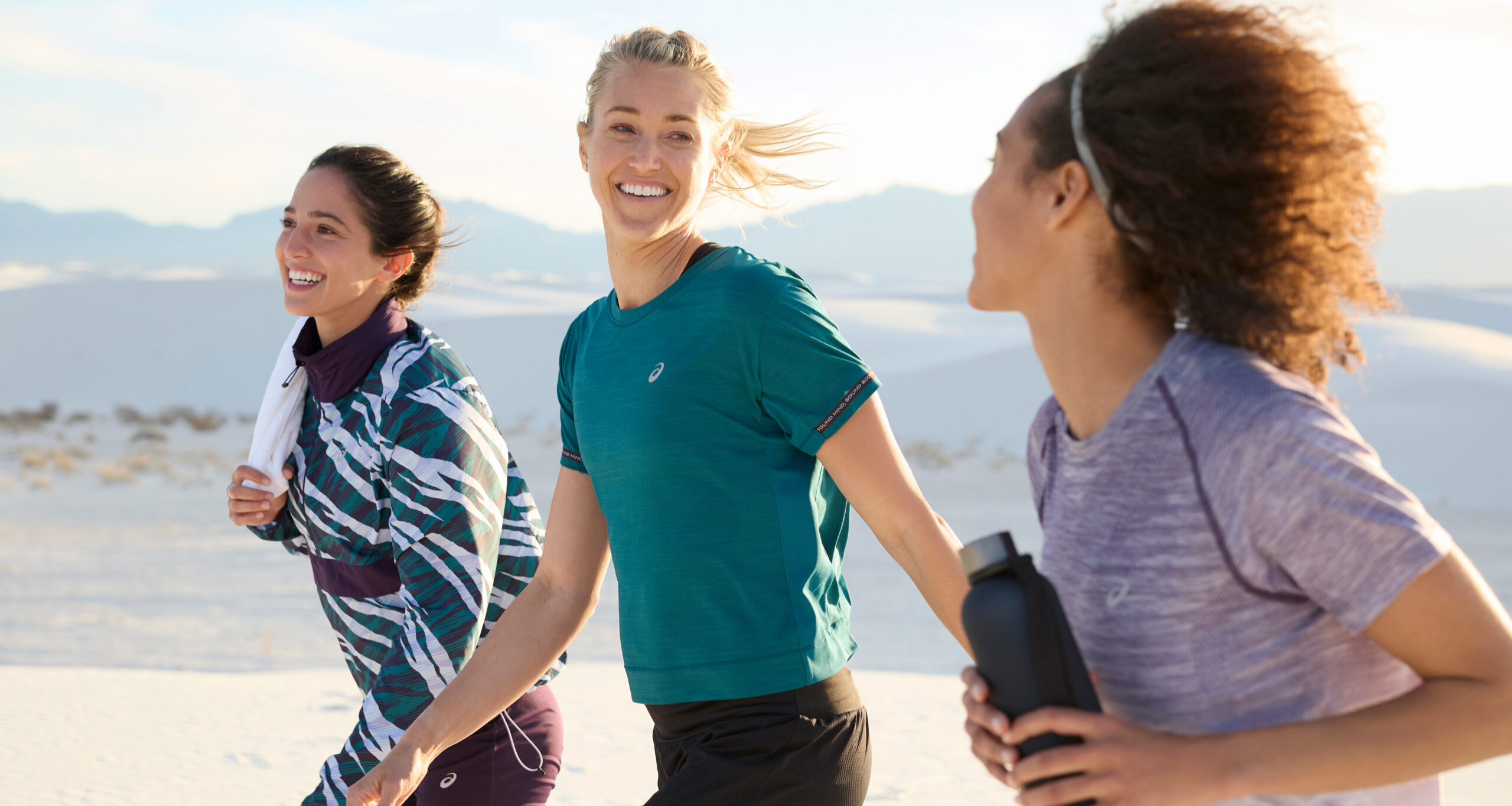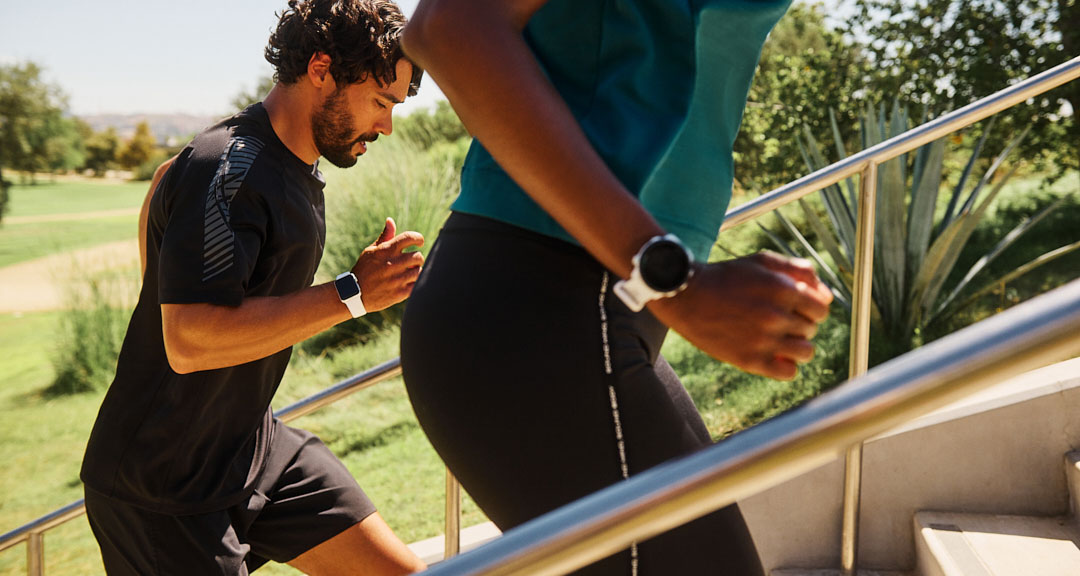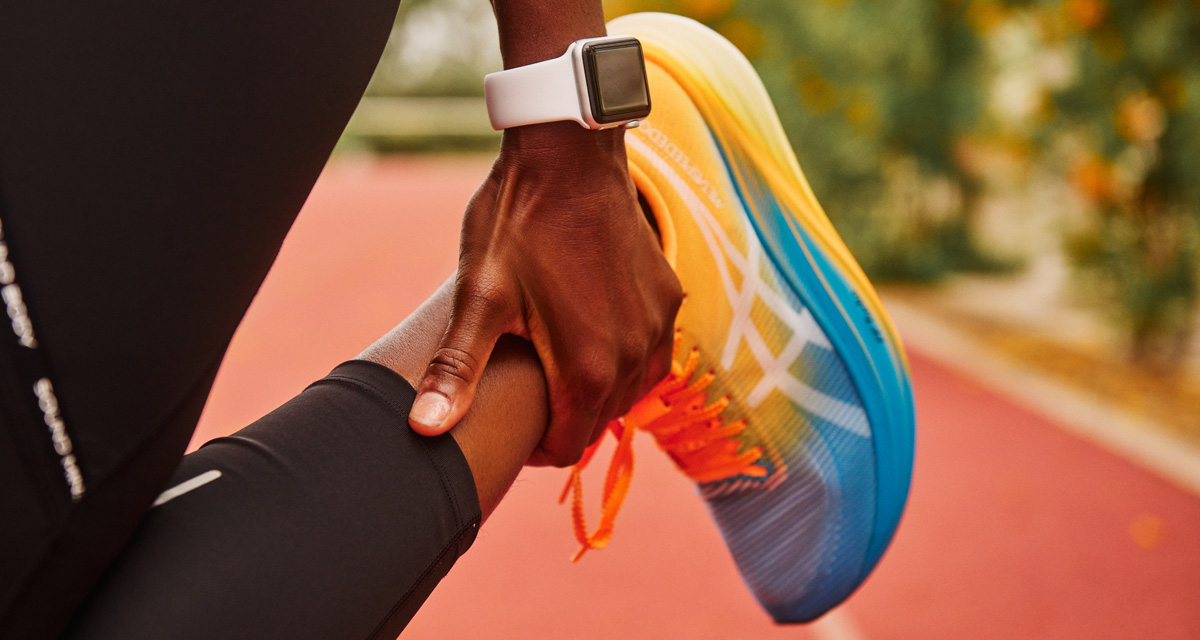Should I Try Acupuncture?
Hi there, and welcome back to the Mohsin Salya blog.
Running can be very rewarding, helping you lead a healthier lifestyle. However, you put a lot of strain on your muscles when you run, and it’s crucial that you find ways to deal with it, otherwise you could do some damage. People try various techniques to alleviate sore muscles, one of which is acupuncture. To find out if acupuncture could be the right solution for you, carry on reading.
Handling muscle cramps
Muscle cramps are often a reality for runners, especially those of the long distance variety. There are two kinds of running muscle cramps you need to be aware of, the first of which is muscle overloading. This is where you overuse your calf muscles, as they’re the ones you depend on most for running, and this leads to painful fatigue cramps. The second is electrolyte imbalance muscle cramp which affects all muscle groups and is caused by excessive sweating – a common by-product of running.
If you don’t manage muscle cramps, there could be consequences later down the road that stop you from running. Obviously proper hydration management is key to dealing with an electrolyte imbalance muscle cramp, so you have enough fluids to replace lost sweat. For muscle overloads, you can try stretches and massages, improving the blood flow to your calf muscles so they can get some relief.
Warming up and down
It’s important to create a personalised warm up and cool down strategy. This will prepare your muscles for the rigours of running and stop any injuries from getting worse. It doesn’t take long to warm up – you can prepare your body for running in five minutes. Exercises such as ‘knee lift hip rotations’ (where you extend one leg out from your body 15 times, then repeat for the other leg) are a great way to warm up.
Cooling down’s not quite as straight forward. You should base your cool down strategy on the amount of time you spent running. If you had a gentle jog, a five minute stretch should do it, while if you’ve just completed a marathon, it’s a good idea to put aside a few hours for cooling down. Doing stretches after you run gives them time to recover, and replenish both lost energy and essential fluids.
Runners and acupuncture
But sometimes doing regular warm ups and cool downs isn’t enough. Just think of how much strain you can put on your muscles by using them every day, especially if you’re training for a marathon, where it’s common to run tens of miles in a single session. You’ll need to take some extra measures to keep your muscles in tip top shape, and industry source Runner’s World suggests that you try acupuncture.
So what exactly is acupuncture? Acupuncture is a medical practice which originated in the Ancient Chinese medical tradition. It works by stimulating key points in your body, most typically by using a needle to penetrate your skin, providing you with pain relief. It’s also employed to treat certain medical conditions, ranging from migraines to insomnia.
But how much can it help a runner? A lot, according to the experts Runner’s World spoke to. The publication notes that the needles used in acupuncture produce a large amount of anti-inflammatories, so it can be used to treat various running-related conditions. The treatment can also promote better blood flow to a muscle, allowing it to access the oxygen and nutrients needed to enable healing. It’s common for many elite runners to go in for a 30 minute acupuncture session each week, and you can see real results after about three weeks.
Is acupuncture right for you?
Yes, acupuncture can be great for runners, as it’s known to relieve muscle cramps, promoting better performance, but is it right for you? It definitely gives you the ability to embrace endurance running. But it’s best to speak to medical experts before trying ‘alternative’ treatments such as acupuncture, just to be on the safe side, as it may not be appropriate for everyone. But it is a great way to take care of your muscles and be the best runner possible!
Until the next time,
Mohsin Salya




